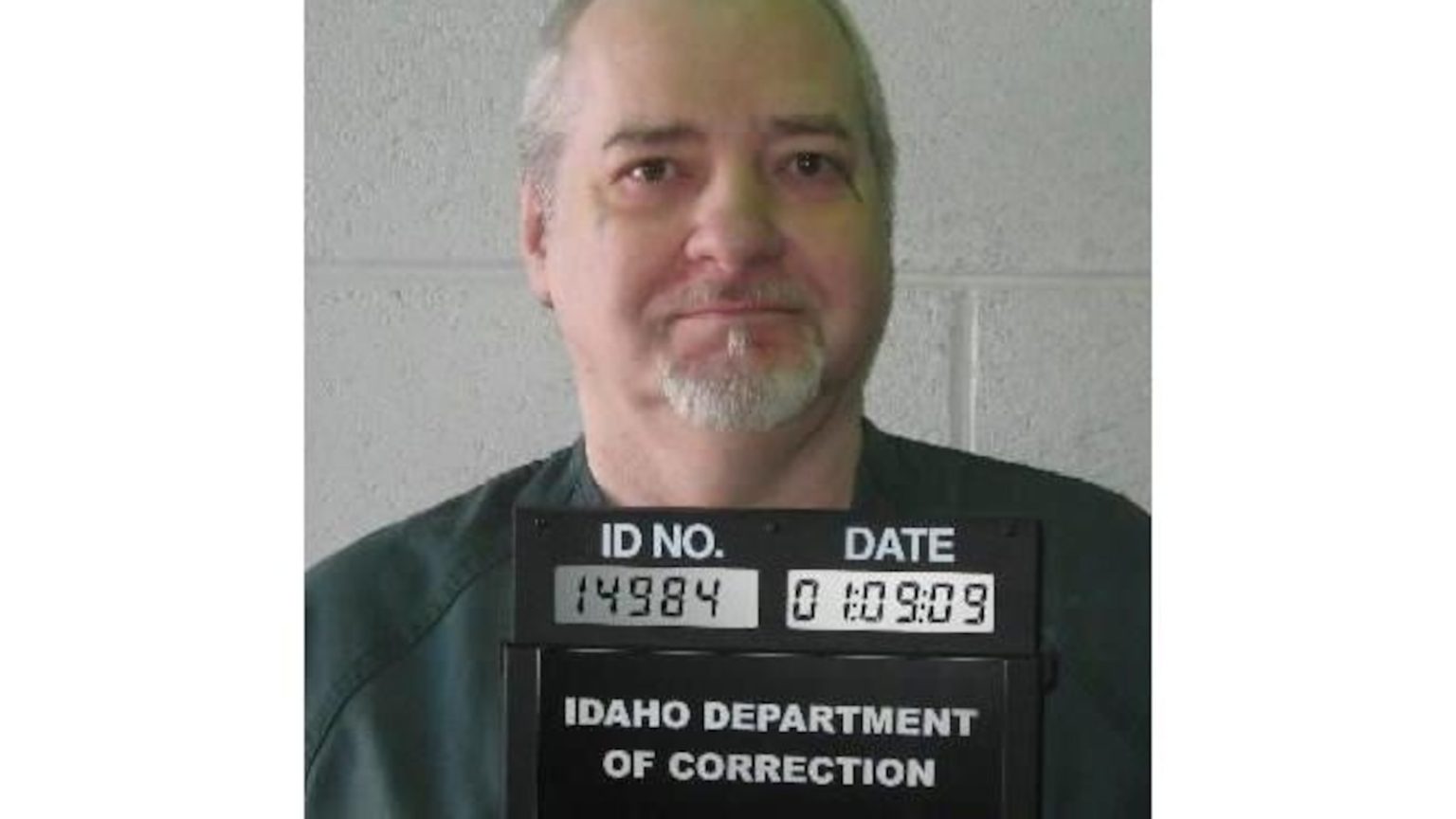The U.S. appeals court panel declined to delay the scheduled execution of Thomas Creech, one of the nation’s longest-serving death row inmates, who was sentenced to death in 1983 for killing a fellow prison inmate with a battery-filled sock. His attorneys had requested a delay on the basis that his death sentence should be set aside because it was issued by a judge, not a jury. However, the judges expressed skepticism during oral arguments, noting that Creech’s lawyers had not provided evidence of an evolving standard regarding judge-sentenced prisoners. The panel rejected the idea that there had been a recent shift away from executions of judge-sentenced inmates, as this claim should have been raised in an appeal long ago.
Despite Creech’s history of involvement in or suspicion of murders dating back half a century, his attorneys have filed multiple challenges regarding his execution, including concerns over the adequacy of his clemency hearing and the state’s refusal to disclose the source of the lethal injection drug. Creech has been suspected of multiple killings, including those in Arizona, Oregon, Idaho, Wyoming, and California. He was initially sentenced to death in 1975, but the sentence was later converted to a life term after a Supreme Court ruling. Following the killing of David Jensen in prison, Creech was again sentenced to death.
During Creech’s clemency hearing, the state presented new information regarding another killing in California in 1974, but prosecutors there do not intend to file charges due to Creech’s upcoming execution. Creech has made far-fetched claims about being involved in various murders, some of which authorities were able to corroborate. He has a history of making claims under the influence of “truth serum” about involvement in satanic rituals and contract killings for motorcycle gangs.
The Idaho attorney general’s office opposed Creech’s request for a stay of execution, arguing that the claim regarding judge-sentenced prisoners should have been raised earlier and was being used as a delay tactic. The appeals court panel agreed, stating that Creech had not provided enough evidence to prove a notable change in attitudes toward judge-imposed executions in recent years. The panel noted that only a small number of jurisdictions authorized judge-imposed death sentences and that this claim should have been raised earlier in the appeals process.
Overall, the appeals court panel’s decision to reject the delay in Thomas Creech’s execution was based on the lack of evidence to support the claim that his death sentence should be set aside due to being issued by a judge rather than a jury. Creech’s history of involvement in multiple murders over several decades has raised concerns and challenges regarding his execution, but ultimately the court found that the claim regarding judge-sentenced prisoners should have been raised earlier and was not a sufficient reason to delay the scheduled execution.









